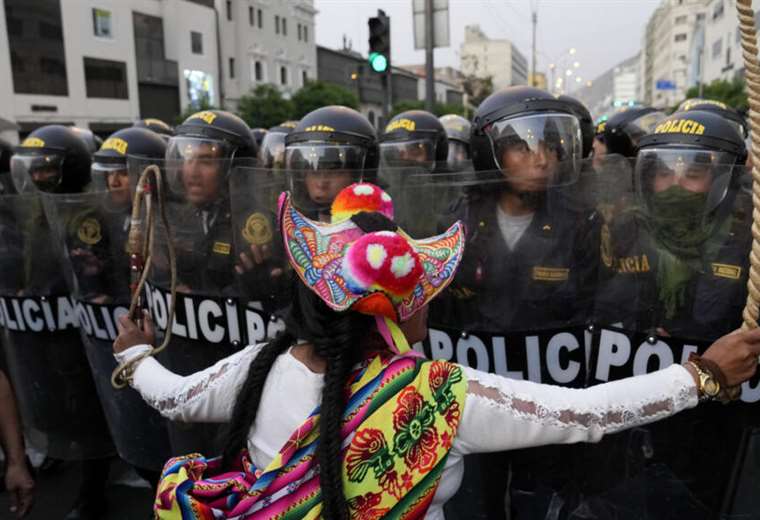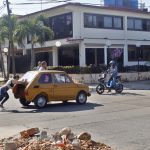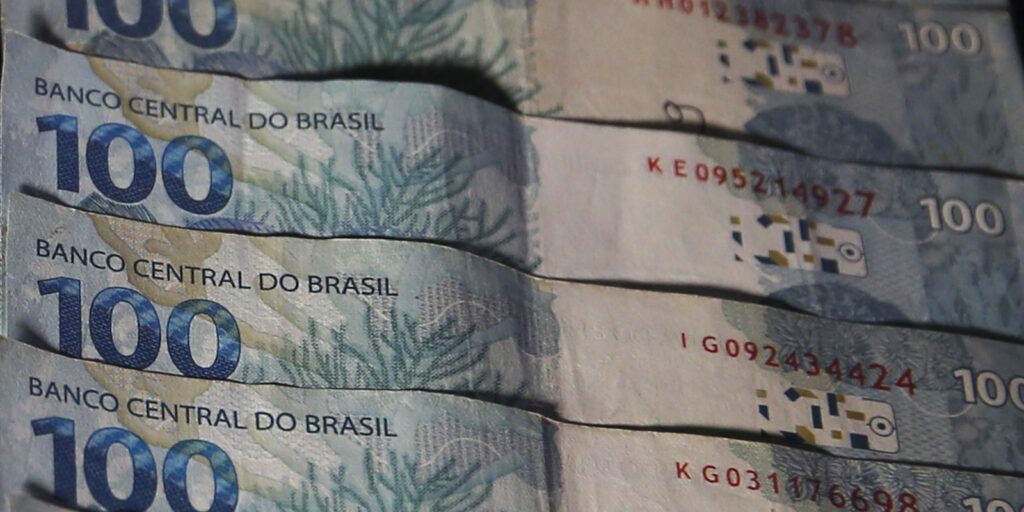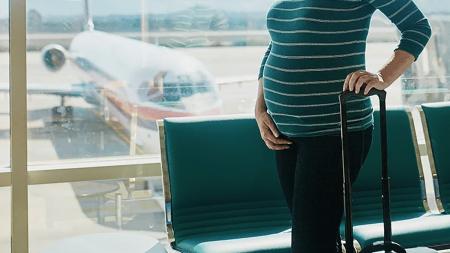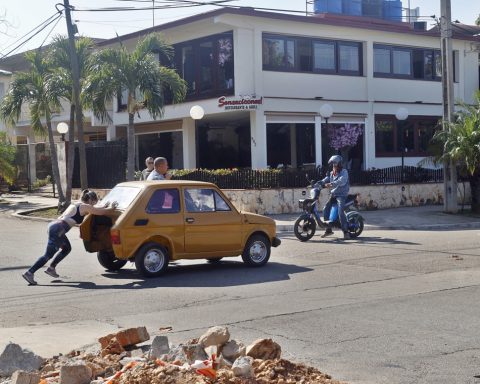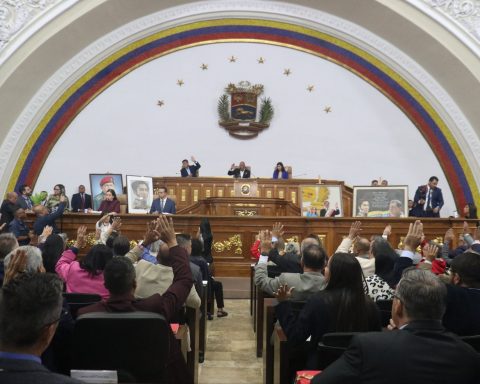February 13, 2023, 8:47 AM
February 13, 2023, 8:47 AM
Peru’s political crisis will have a negative impact on growth, warns the International Monetary Fund. This forecast deviates from the norm. Until now, the economy seemed immune to the recurring unrest in this young democracy.
It is an opinion shared by many observers: Peru is one of the few States whose risk index has been degraded in 2022 by the French foreign trade insurer Coface. Based on concrete elements: Las Bambas, the largest copper mine in the country controlled by a Chinese group – which supplies 2% of the world market and contributes one percentage point of GDP to Peru – is currently closed.
The roadblocks and general blockade of transport They are also affecting agriculture. The largest grape-exporting country is seeing its harvest rot due to lack of transport to get it. Finally, tourism, the other pillar of the economy after mining, has also come to a standstill. Machu Pichu, the tourist jewel of Peru, is still closed and the summer season seems to be in question.
Why has the economy withstood previous political crises?
To characterize the prodigious growth of the peruvian economy In the last twenty years, we like to talk about a very favorable business environment, based on the “Lima consensus”. In other words, an ultra-liberal model modeled on the “Washington consensus” practiced for a long time by the IMF. Foreign investors, mainly Chinese, have exploited the country’s natural resources for export.
The different governments that have succeeded each other since the end of the Fujimori dictatorship have always protected these activities to preserve the benefits of investments, and the endemic corruption that accompanies them. The population has partially benefited. Poverty levels have fallen. Peru has become the region’s island of economic stability. With solid growth of 4% per year, a stable currency and healthy finances, it outperforms all countries in the region.
The Covid-19 crisis highlighted the macroeconomic results of the region
After the slowdown of 2020, the economy has recovered very quickly, with growth of 13% in 2021. But Peruvians continue to heal the wounds of the pandemic. Lacking social safety nets and effective health institutions, they have suffered from hunger and found it difficult to seek medical treatment. The pandemic-related death rate is the highest in the world. Covid-19 revealed decades of neglect, illustrated by the fate of Cuzco.
The capital of tourism is also one of the poorest cities in the country. At the moment, it is out of gas. It is a paradox, since a nearby gas field continues to export gas abroad through a gas pipeline to Lima. The pipeline promised to the city has never been built. The highway that was to open the city was never finished, nor was one of the long-awaited hospitals. This growth without development has cut poverty in half, but not for all Peruvians. Socioeconomic inequalities between the Andeans and the rest of the population have worsened. This is what fuels the anger of the protesters today.
Question the Peruvian model?
The protesters want another Constitution, proposing a new social contract. The fight against corruption is also part of their expectations. These demands could make the Peruvian economy more inclusive and therefore more resilient. But the pressure from the street does not seem to have an effect. Parliament continues to refuse to call new elections, and the Vice President Dina Boluarte He has held on to power since President Pedro Castillo was detained in December. Meanwhile, foreign investors are working on new mining projects, betting on the continuity of the “Lima consensus.”
